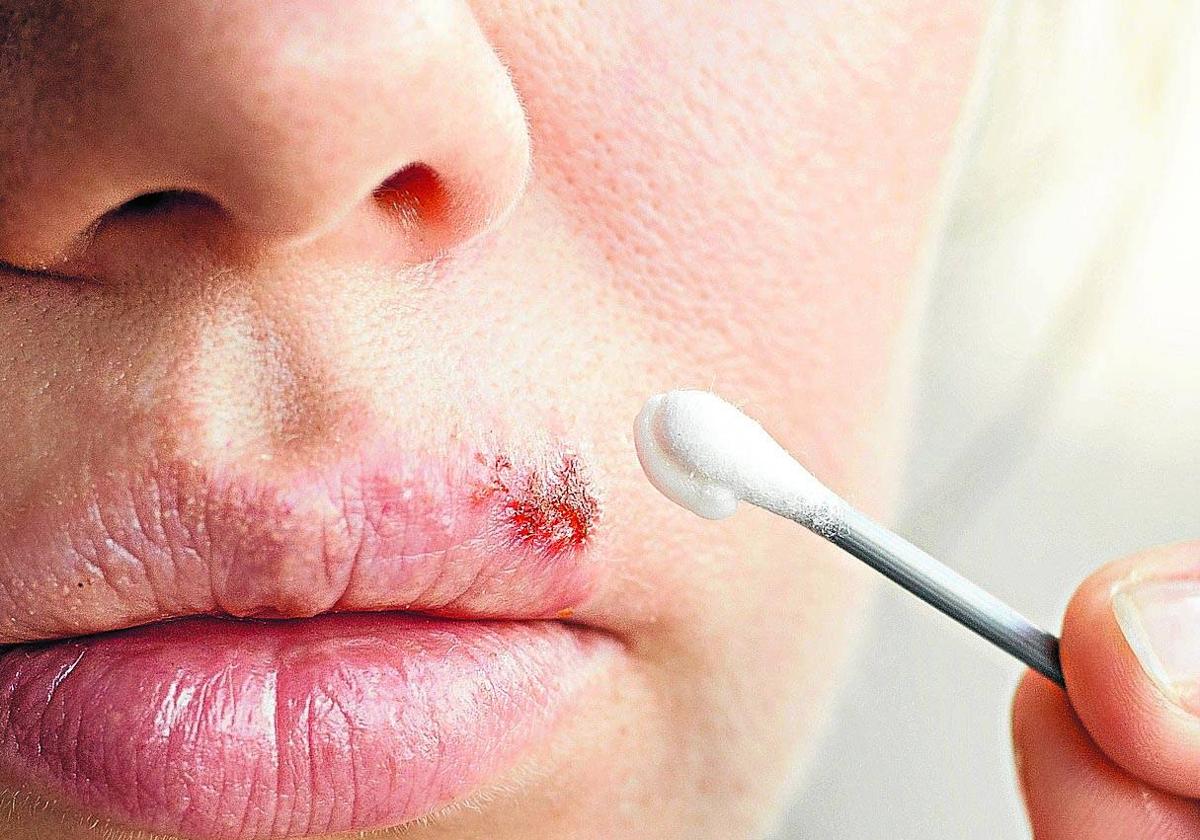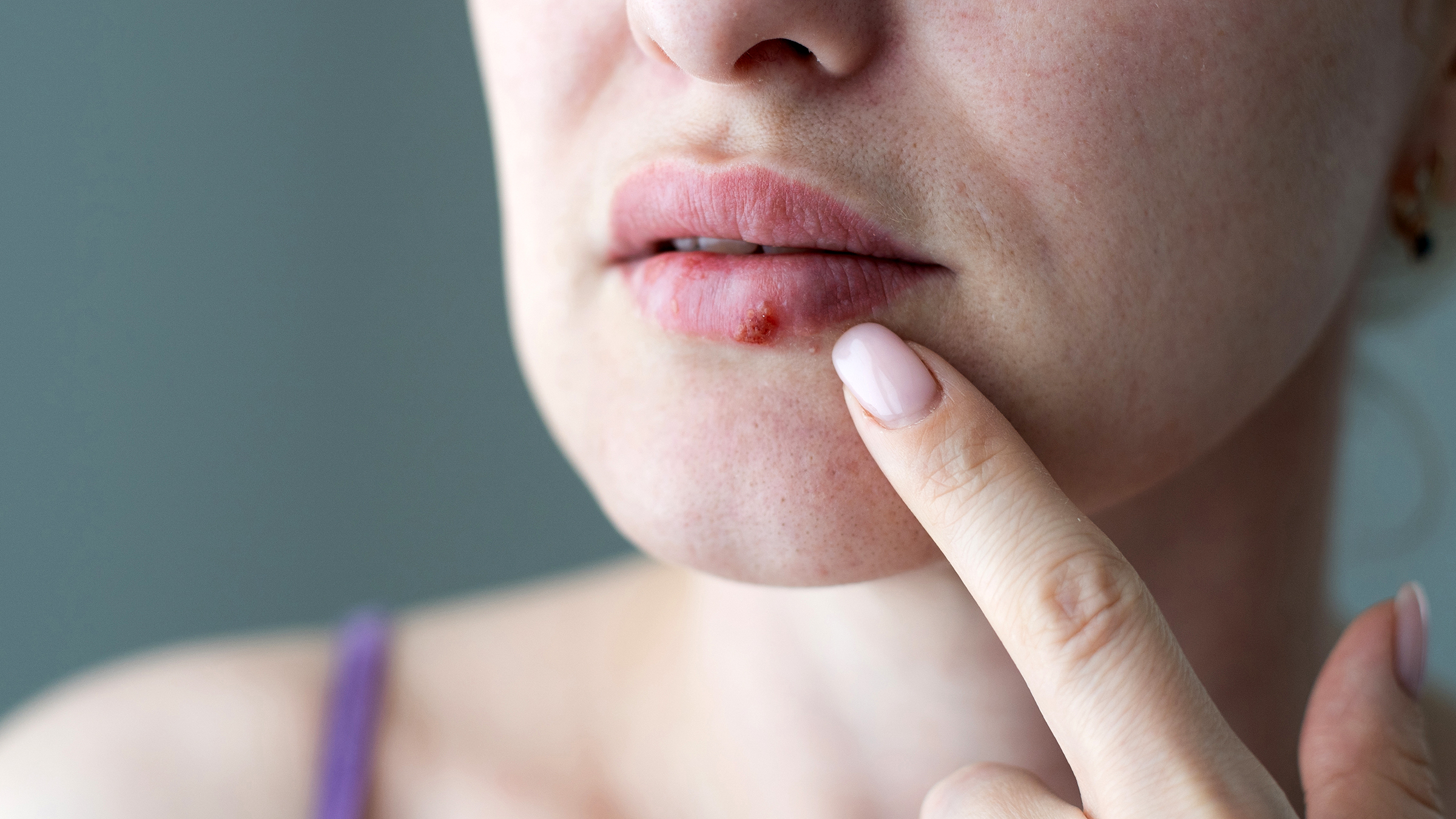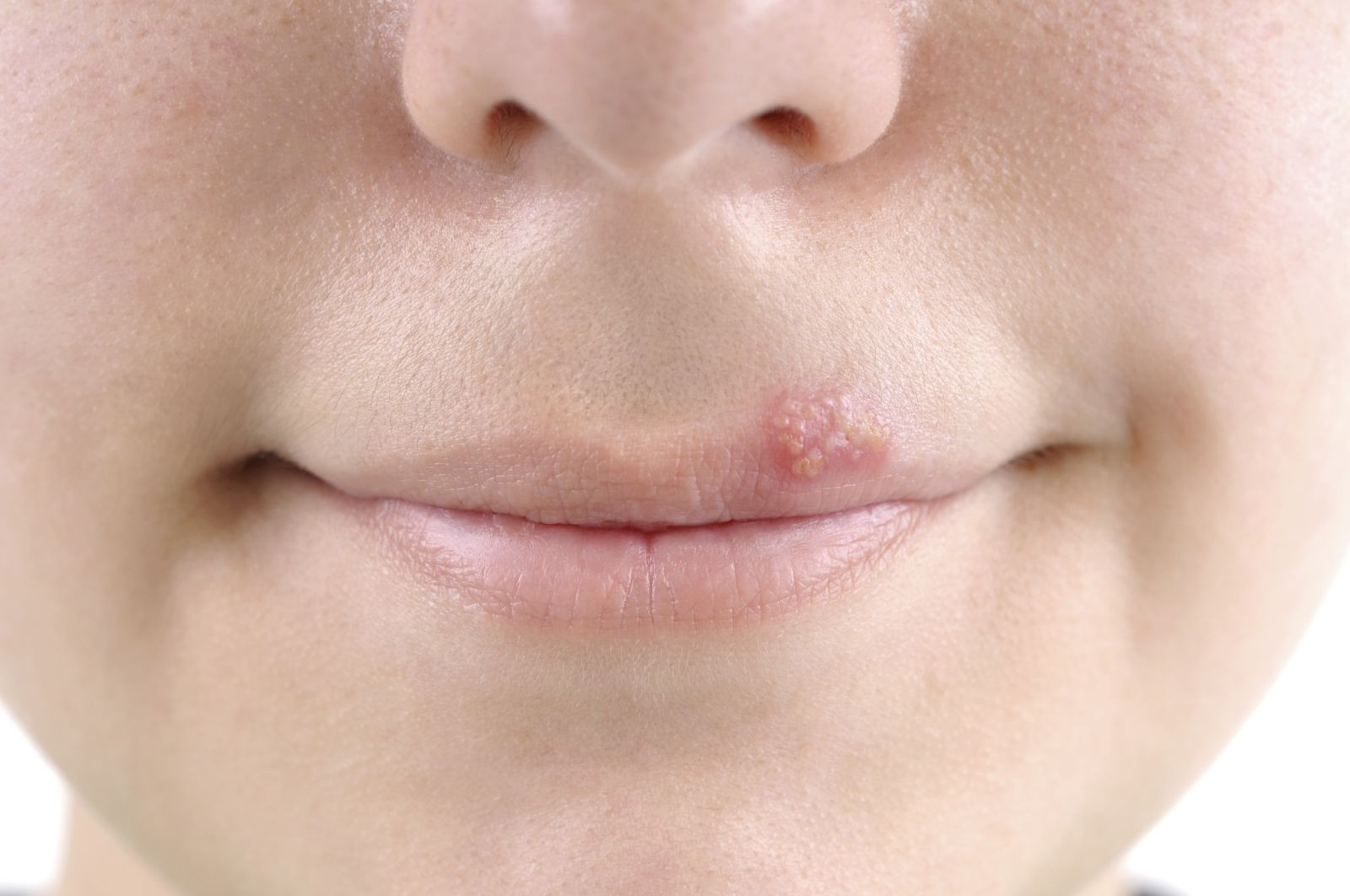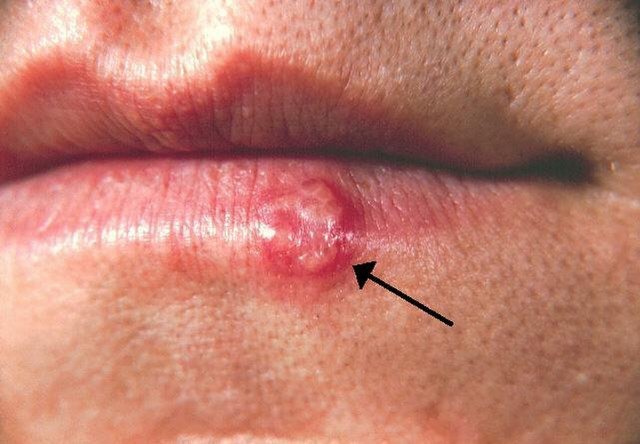Cold sores, commonly referred to as fever blisters, are small, fluid-filled lesions that appear on or around the lips. They are caused by herpes simplex virus type 1 (HSV-1), a widespread virus that affects a large portion of the global population.
According to the World Health Organization (WHO), an estimated 67% of people under 50 worldwide carry HSV-1, although many may never experience visible symptoms. For those who do, cold sores can recur multiple times a year, often triggered by environmental or physiological factors.
What Causes Cold Sores?
Cold sores are caused by HSV-1, which is typically transmitted through oral contact. After the initial infection, the virus remains dormant in nerve cells and can reactivate due to triggers such as:
- Stress
- Fatigue
- Illness or fever
- Hormonal fluctuations
- Sun exposure
- Dental procedures
During reactivation, the virus travels along the nerves to the skin, causing blisters to form, usually near the lips or mouth. In some cases, cold sores may also appear on the chin, cheeks, nostrils, or even inside the mouth.

Recognizing Cold Sore Symptoms
Cold sores typically progress through the following stages:
- Tingling and itching: Many people experience a burning or tingling sensation around the lips a day or two before blisters appear.
- Blistering: Small fluid-filled blisters erupt along the edge of the lips or surrounding facial areas.
- Oozing and crusting: The blisters may merge and burst, leaving shallow open sores that form a yellowish crust as they begin to heal.
The entire healing process generally lasts 7–10 days, and outbreaks tend to decrease in frequency and severity over time.
Evidence-Based Treatments for Cold Sores
There is currently no cure for HSV-1, but several clinically approved treatments can help reduce symptom duration and improve comfort.
Prescription Antiviral Medications
Antiviral drugs are most effective when taken at the first sign of symptoms. Common options include:
- Acyclovir (Zovirax)
- Valacyclovir (Valtrex)
- Famciclovir (Famvir)
According to the CDC, these medications may shorten the duration of an outbreak, ease pain, and reduce the risk of spreading the virus to others.

Over-the-Counter (OTC) Treatments
For mild cases, OTC creams and gels may provide relief:
- Docosanol 10% (Abreva): FDA-approved topical treatment that may shorten healing time if applied early.
- Lidocaine or benzocaine gels: Help numb the area and relieve pain or discomfort.
Always follow manufacturer instructions and consult a healthcare provider before using any medication, especially for children or individuals with compromised immune systems.
Natural and Supportive Home Remedies
While home remedies do not cure cold sores, some may support healing or relieve symptoms when used cautiously alongside medical treatment. Common options include:
- Aloe vera gel: Known for anti-inflammatory properties; may soothe irritation.
- Lemon balm (Melissa officinalis): Shown in some studies to reduce the duration of cold sore outbreaks.
- Cold compresses: Can help reduce swelling and temporarily numb discomfort.
- Petroleum jelly: Keeps the sore moist and helps prevent cracking.
Always use clean applicators or cotton swabs to avoid further contamination or spreading the virus.

How to Prevent Cold Sore Outbreaks
Preventive strategies are essential, especially for people who experience frequent recurrences. The American Academy of Dermatology (AAD) and Mayo Clinic recommend the following:
Identify and Manage Triggers
Keep a journal to track possible triggers such as:
- Emotional stress
- Lack of sleep
- Prolonged sun exposure
- Illness (e.g., cold, flu)
- Menstrual cycles
Strengthen the Immune System
Support overall immunity through:
- A nutritious diet rich in fruits, vegetables, and lean proteins
- Regular exercise
- Hydration and adequate sleep
- Limiting alcohol and tobacco
Some research suggests that L-lysine supplements may help reduce the frequency of outbreaks, though more large-scale studies are needed. Speak with a healthcare provider before starting any supplement regimen.
Sun Protection
Use lip balm with SPF when outdoors, especially in sunny climates. Sun exposure is a common reactivation trigger.

How to Prevent Spreading HSV-1
HSV-1 is contagious, even when sores are not visible. To prevent spreading the virus to others or other parts of your body:
- Avoid kissing or oral contact during active outbreaks.
- Do not share utensils, towels, razors, or lip balm.
- Wash hands frequently, especially after touching the face or applying treatment.
- Avoid touching the sore and always use clean hands or applicators for treatment.
- Refrain from oral sexual activity during outbreaks to prevent transmission of HSV-1 to the genital area.
When to See a Doctor
Most cold sore outbreaks resolve on their own. However, consult a healthcare provider if:
- Sores do not heal within 10–14 days
- You experience frequent or severe outbreaks
- The sores spread to your eyes or other areas of the body
- You have eczema, a weakened immune system, or other health concerns
Antiviral therapy may be prescribed as episodic treatment (taken at outbreak onset) or suppressive therapy (taken daily to prevent outbreaks).

Final Thoughts
Cold sores, caused by HSV-1, are extremely common and manageable with proper care. While there is no permanent cure, early treatment with antiviral medications, supportive care, and lifestyle adjustments can significantly reduce discomfort and outbreak frequency.
By understanding your triggers, practicing good hygiene, and seeking medical guidance when necessary, you can take effective steps to manage cold sores and reduce their impact on your daily life.
Verified Sources for Further Reading:
- CDC – Herpes Simplex Virus
- Mayo Clinic – Cold Sores
- NIH – Herpes Simplex Virus Overview
- WHO – Herpes Simplex Virus Fact Sheet
- AAD – Cold Sores Resource
